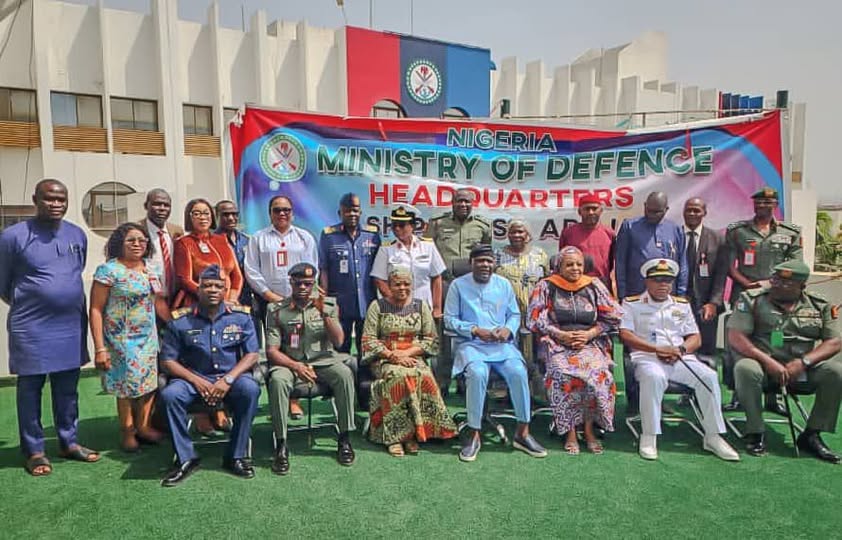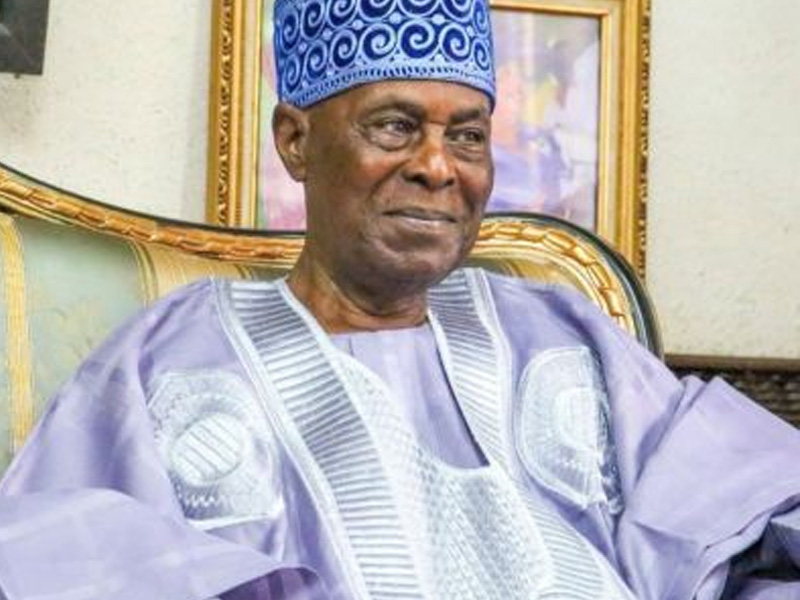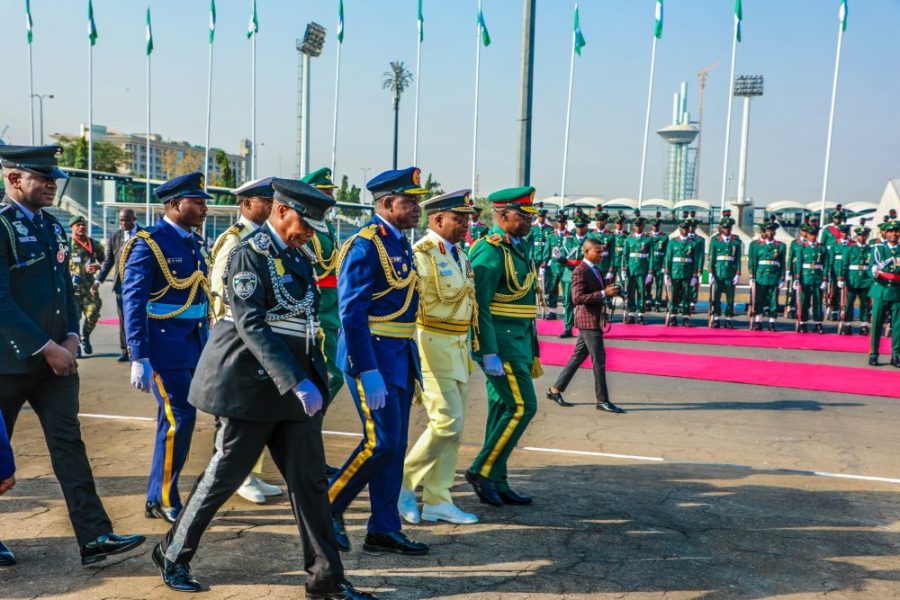Bill Gates, co-chair of the Bill and Melinda Gates Foundation, has shed light on why Nigeria receives the bulk of the foundation’s intervention funds in Africa.
Gates made the comments in a media session with selected journalists at the 2024 NutriVision Dialogue in Abuja.
He said: “We spend a lot in Asia, but we spend even more in Africa. The country where we spend the most in Africa is Nigeria.
“That makes sense because of the population and the incredible needs that are here. That means that I’ve literally spent billions in Nigeria.
“I’m glad that things like the child mortality rate have come down, but we could do a lot better.”
Gates stressed that the foundation’s top priorities include reducing global health inequality. Eradicating measles, malaria, and polio is also a key focus for the organization.
In addition, he announced plans for the foundation to increase its investments in the future, with a strong emphasis on enhancing primary healthcare systems.
He said: “Our work is almost entirely focused on primary healthcare because the impact per dollar is dramatically greater than anywhere else.”
Beyond health, Gates noted that the foundation also invests heavily in the agricultural sector, recognising that boosting agricultural productivity is crucial to Nigeria’s economic development.
He emphasized that farmers could achieve this goal by having access to high-yield, climate-resistant seeds, fertilisers, improved and timely information, and better weather predictions.
According to him, these measures will significantly boost agricultural output and reduce food costs.
The philanthropist highlighted the foundation’s efforts to support food fortification initiatives, which improve the nutritional value of staple foods and yield significant public health benefits.
Gate emphasized access to affordable and diverse food sources, such as milk and eggs, in combating malnutrition effectively.
He said that now is the opportune moment to leverage cutting-edge ideas and technologies in health and agriculture to make significant strides against malnutrition.
With a history spanning over two decades, the foundation has fostered collaborations with regional institutions, national governments, and local communities across 49 African countries since its establishment in 2000.





































Leave a comment